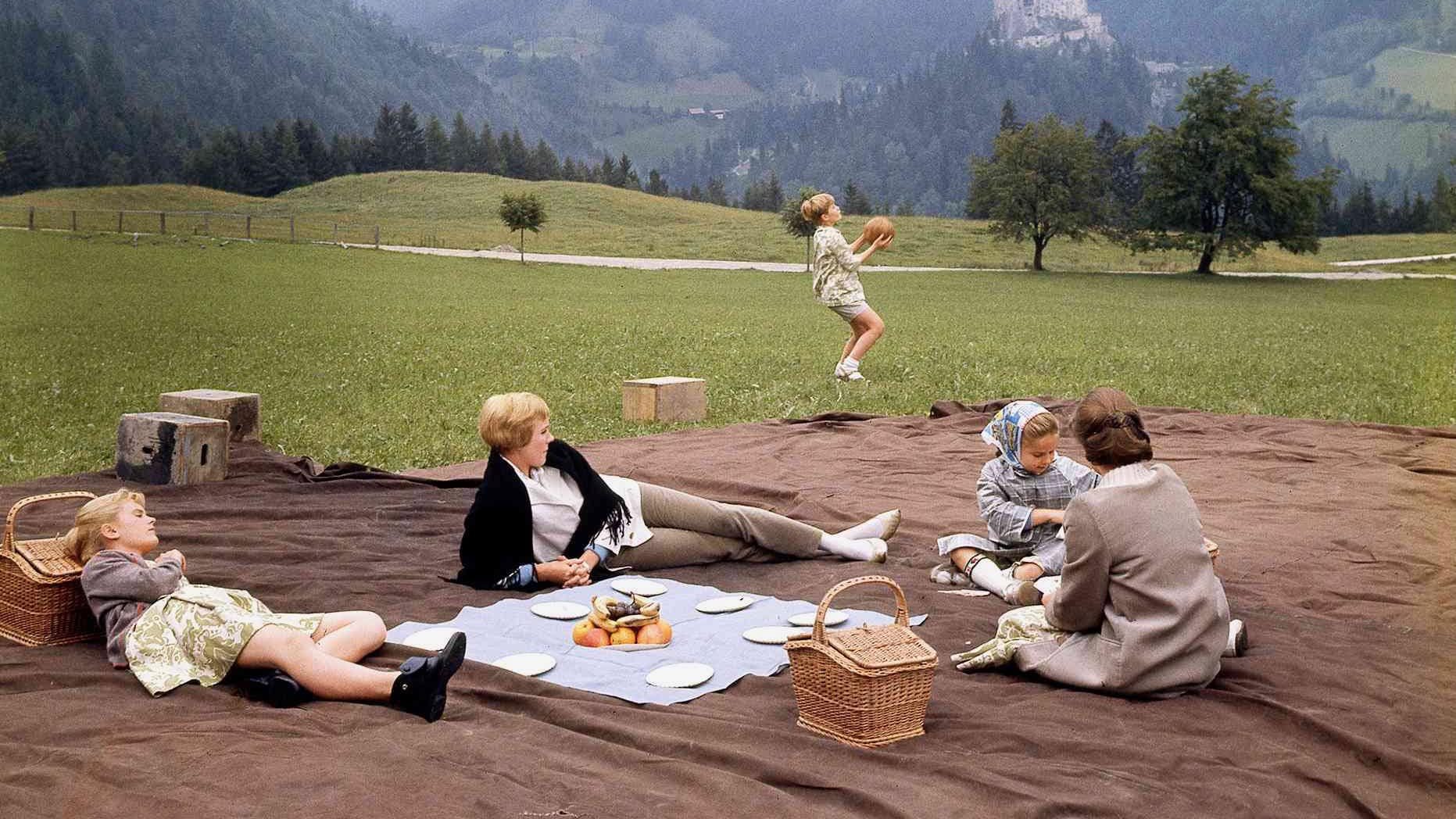
Boston’s vibrant culture, historical landmarks, and walkable neighborhoods create the perfect backdrop for immersive corporate experiences. For companies looking to strengthen employee relationships and boost workplace morale, scavenger hunt team building in Boston presents an engaging and effective approach. These experiences go beyond traditional icebreakers, offering a dynamic mix of challenge, discovery, and teamwork in one of America’s most iconic cities.
A well-crafted scavenger hunt taps into communication, problem-solving, and decision-making in a way that doesn’t feel forced. It requires real-time collaboration as teams navigate the city to complete tasks, solve riddles, and race against the clock. From the cobblestone streets of Beacon Hill to the energy of the Seaport, Boston offers a rich setting to energize teams, encourage creativity, and foster camaraderie.
The power of this type of activity lies in its blend of fun and function. While participants are enjoying the competition and excitement, they’re also developing deeper workplace trust, enhancing group cohesion, and discovering strengths within their team they might not otherwise see in the office environment. Whether your company is onboarding new hires, refreshing a remote team, or rewarding top performers, these events deliver connection in a memorable way.
Why Boston Is the Ideal Setting for Corporate Hunts
Boston combines old-world charm with modern innovation, offering a landscape that naturally supports interactive team activities. Its diverse neighborhoods each bring a unique flavor, from the historical Freedom Trail to the artsy corridors of the South End. A scavenger hunt team building experience in Boston taps into this diversity to provide a setting that is intellectually stimulating and visually rewarding.
Landmarks like Faneuil Hall, Fenway Park, and Boston Common serve as built-in checkpoints, offering layers of cultural context that enhance each challenge. Participants often learn fun facts or historical trivia as they progress through the course, giving the experience added educational value. Because Boston is easy to navigate on foot or by public transit, teams can move between locations smoothly without losing momentum.
In the city’s business environment, where many companies focus on tech, education, finance, and biotech, fostering strong internal collaboration is essential. These fast-paced sectors require adaptive thinking and quick communication. A scavenger hunt mirrors that environment on a smaller, gamified scale. It reveals how individuals respond to pressure, how well teams delegate tasks, and how efficiently they pursue goals.
Boston’s seasonal variety also allows companies to tailor their experiences throughout the year. Spring and summer events can include outdoor challenges in the Public Garden or Charles River Esplanade, while winter hunts can move indoors to museums, malls, or historical buildings. This versatility ensures the experience remains engaging and appropriate no matter the weather or time of year.
What Makes Scavenger Hunts Effective for Team Development
The appeal of scavenger hunt team building in Boston isn’t just in the city’s landmarks. The format itself offers strategic benefits for organizations. Unlike static workshops or lectures, scavenger hunts require participants to take action. Success depends on how well they communicate, strategize, and adapt. These are qualities that directly translate into workplace effectiveness.
Teams are often placed in unfamiliar groupings, mixing departments or roles that don’t typically interact. This helps break down silos and promotes understanding across divisions. When team members see how others think and operate, they build empathy and learn new ways to collaborate. These social insights can be just as important as technical skills when it comes to project execution and internal efficiency.
The timed nature of a scavenger hunt adds a layer of urgency that encourages leadership to emerge naturally. Different individuals step up at different moments, whether by organizing the route, deciphering clues, or motivating others to stay focused. These moments of leadership, especially when recognized after the event, help foster confidence and identify potential within the team.
Reflection is another important aspect of the experience. After the hunt, debrief sessions allow teams to review what went well and where they could improve. This conversation ties the physical activity back to professional development goals. Insights about delegation, listening skills, or resource management often surface in these discussions, giving the event lasting value long after the hunt is complete.
Companies that invest in these experiences often see improved communication, higher engagement, and stronger interpersonal trust among employees. This boost in morale is especially impactful after periods of change, such as company mergers, restructuring, or onboarding. In those transitional moments, a shared positive experience can ground teams and remind them of their shared purpose.
Planning a Successful Boston Scavenger Hunt for Your Team
Organizing an effective scavenger hunt team building event in Boston starts with clear objectives. Companies should decide what they want the team to gain—whether that’s improved communication, cross-department connection, or simply a fun morale booster. With goals in mind, a professional team-building provider can customize the experience accordingly.
Experienced vendors often design clues that incorporate company values, branding, or current projects. This makes the event feel more personalized and connected to the organization’s mission. Some experiences include photo challenges, creative tasks, or trivia that require knowledge of both Boston and the workplace culture. These details make the hunt memorable and meaningful.
Route planning is another key element. Boston’s layout offers a variety of options, from waterfront paths to historical tours. The size and mobility of the group should guide route selection. For large groups, multiple starting points can help reduce congestion and encourage wider exploration. Accessibility and safety should also be considered to ensure that everyone can participate fully.
Timing also matters. Midweek events may be easier to coordinate with work schedules, while end-of-week experiences can cap off a busy week with a strong team connection. Some companies opt for morning hunts followed by lunch, while others prefer afternoon hunts that conclude with a happy hour or awards ceremony. The flexibility of the format allows it to be adapted to different schedules and energy levels.
Extending the Impact Beyond the Event Day
One of the advantages of scavenger hunt team building in Boston is the potential for lasting engagement. The photos, videos, and memories created during the event offer opportunities for follow-up in internal communications. Sharing highlights in newsletters, team meetings, or internal social platforms helps reinforce the positive experience and keeps the momentum going.
Recognition can play a role here too. Awarding small prizes for creativity, teamwork, or spirit adds a lighthearted sense of achievement and reinforces the behaviors you want to see in the workplace. These acknowledgments contribute to a positive culture where contributions are noticed and appreciated.
Teams that participate in these experiences often reference them in later interactions, creating inside jokes, shared language, and a deeper sense of connection. That ongoing rapport becomes valuable in high-pressure moments back at the office. When people trust each other and feel connected, collaboration becomes more natural and efficient.
Scavenger hunt team building in Boston offers more than just a day away from desks. It creates a platform where learning, bonding, and problem-solving all happen at once. By moving the team through challenges in a setting rich with culture and energy, companies create lasting experiences that strengthen the team from within.




More Stories
Gallery Music and the Art of Music Photography: Where Sound Meets Image
Visiting Your Local Art Gallery
Claude Mckay – From a Patois Poet in Jamaica to Harlem Helping in Reinvigorating Black Literature